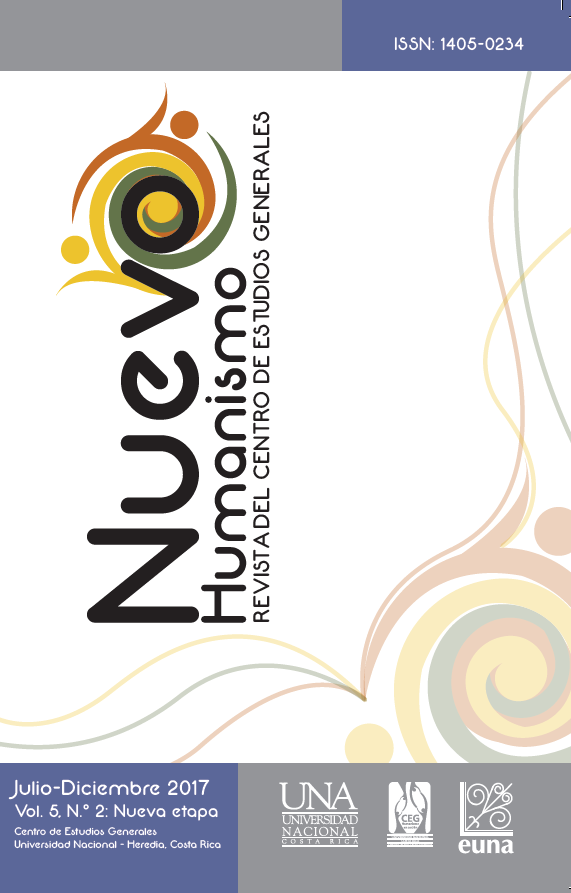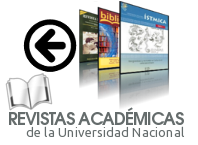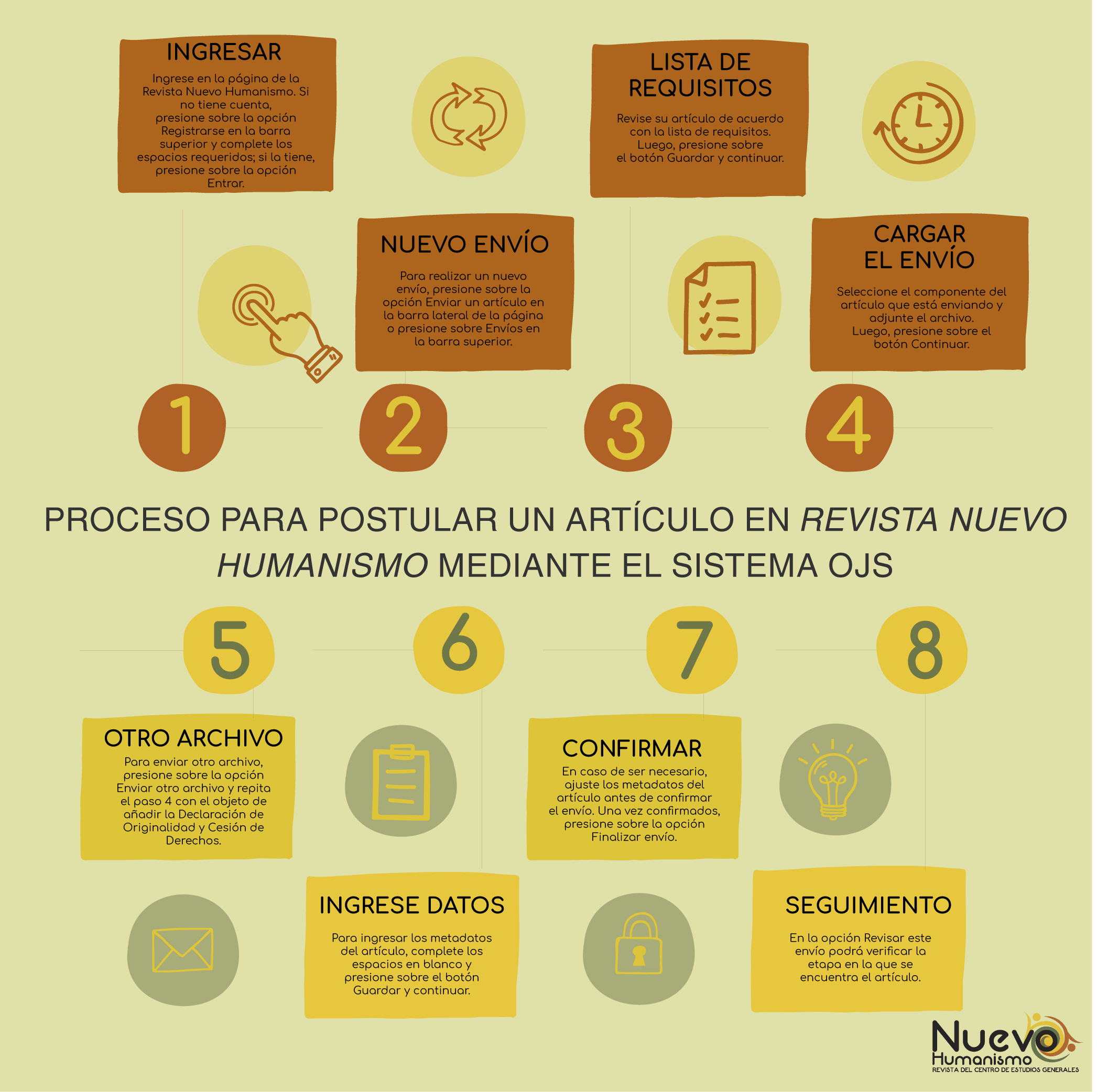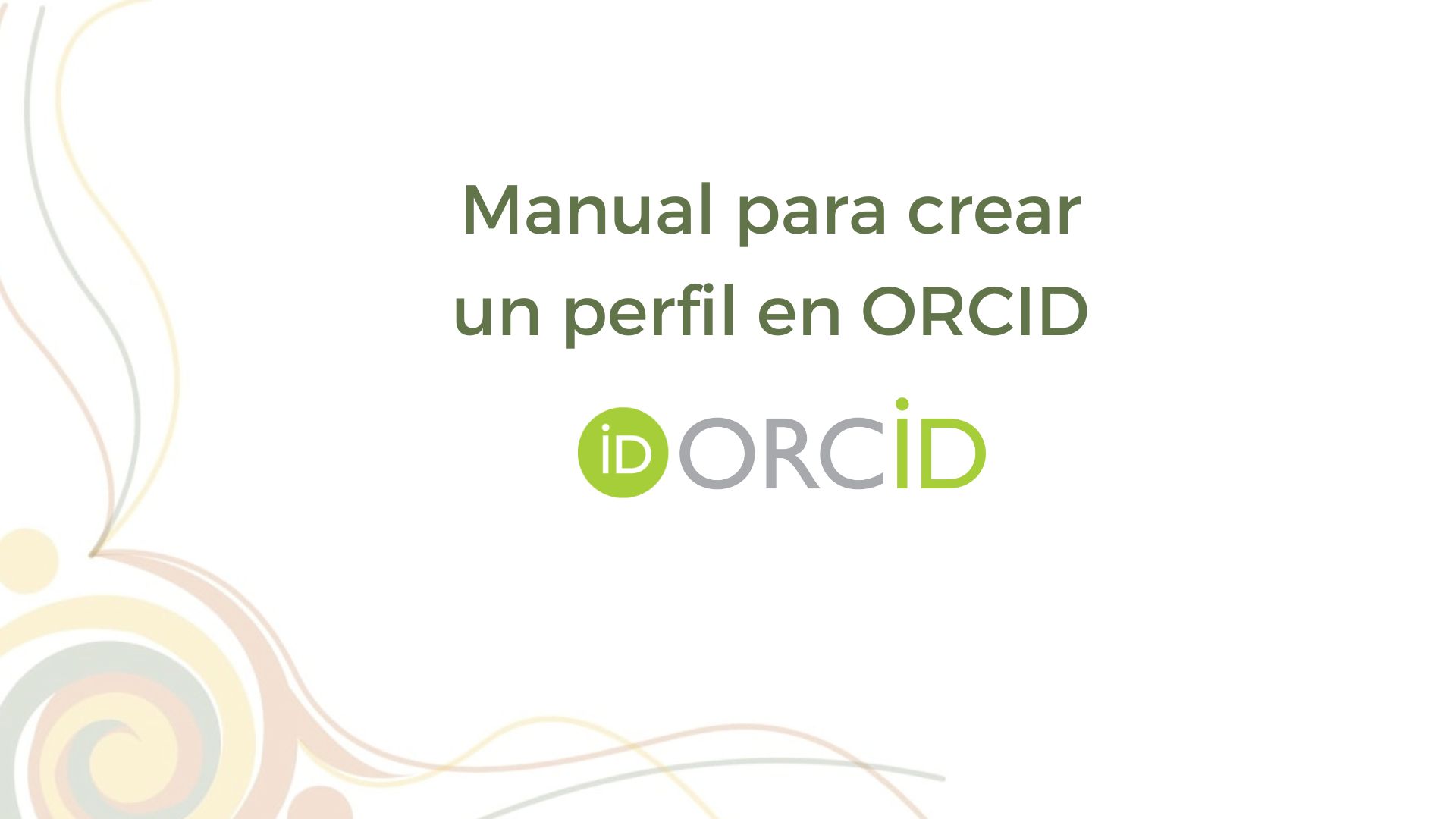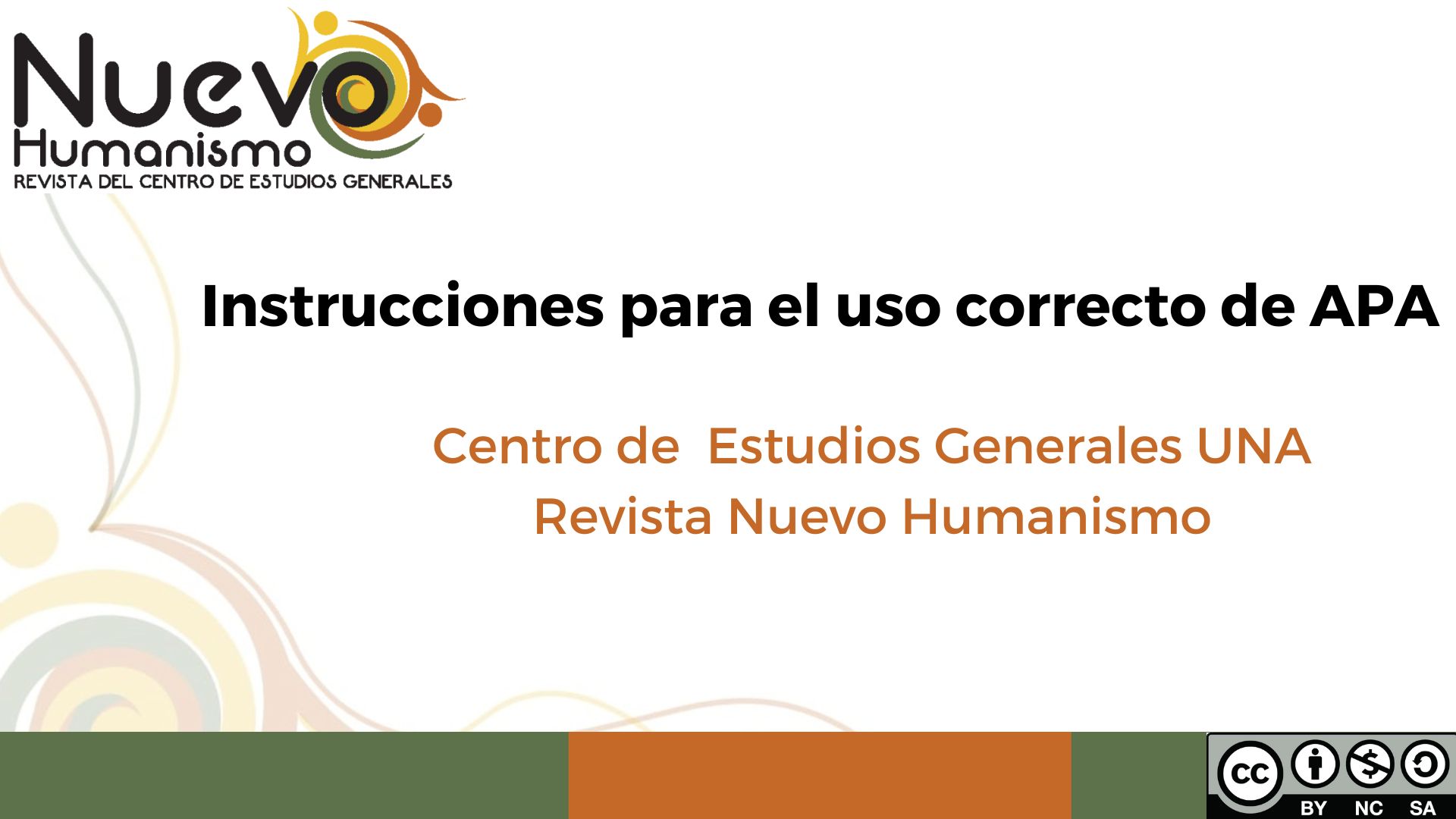Participatory Action Research: a Process of Ref lection on the Pedagogical Practice
DOI:
https://doi.org/10.15359/rnh.5-2.1Keywords:
arts; pedagogical mediation: pedagogical practice; diversity; theater.Abstract
This article presents a reflection on the pedagogical experience of the participatory action research process (PAR). This experience was conducted during the course on art titled Humanism, Theater, and Society, given at the General Studies Center, at the National University of Costa Rica. Through the connection of the impact of art, specifically of theater, on the university world, an integral development of the lived process is strengthened, since the purpose was to rediscover us, to recognize us, to feel ourselves, to get us reconnected to ourselves, to experience again all those abilities the institutionality has made hidden or has oppressed. It was possible to make structures visible to fight against the control and the respect through fear, derision, the banking education model, imposition, and factors experienced in the traditional educational spaces. The experience is based on Paulo Freire’s pedagogy. Arts are assumed to have multiple codes of expression. The purpose of arts is to humanize and raise awareness through diverse languages. Arts can convey messages, ideas, sensations, emotions, reflections; they have been a means to communicate, contributing to people life with multiple benefits. Despite the advantages people receive from art, this activity has had a slow development process in Costa Rica.
References
Assmann, H. (2002). Placer y ternura en la educación: Hacia una sociedad aprendiente. España: NARCEA.
Caillois, R. (1958). Teoría de los juegos. Barcelona: Seix Barral.
D’Antoni, M., Gómez, J., Gómez, L., y Soto, J. (2013). La escuela en cuestionamiento: Diálogos sobre la resistencia escolar en procesos pedagógicos emergentes. Costa Rica: ARLEKÍN.
Freire, P. y Faundez, A. (2013). Por una pedagogía de la pregunta. Crítica a una edu¬cación basada en respuestas a preguntas inexistentes. Argentina: Editorial Siglo Veintiuno.
Freire, P. (1996). Cartas a Cristina. Reflexiones sobre mi vida y mi trabajo. México: Siglo Veintiuno Editores.
Freire, P. (1999). Pedagogía del oprimido. México: Editorial Siglo Veintiuno.
Freire, P. (2005). Pedagogía de la esperanza. México: Editorial Siglo Veintiuno.
Freire, P. (2006a). El grito manso. Argentina: Siglo Veintiuno Editores.
Freire, P. (2006b). Pedagogía de la indignación. España: Ediciones MORATA.
Freire, P. (2009). Pedagogía de la autonomía. México: Siglo XXI Editores.
Gutiérrez, F. (1987). La connotación en el proceso educativo. Revista Filosofía Universi¬dad de Costa Rica, 61, 71-80.
Gutiérrez, F. (2004). Pedagogía del aprendizaje: germinando humanidad. Guatemala: Save the Children.
Maturana, H. (1991). El sentido de lo humano. Argentina: Granica.
Maturana, H. (2002). Emociones y lenguaje en educación y política. España: Centro de Estudios del Desarrollo. Recuperado de: http://www.systac.cl/emociones.pdf.
Maturana, H. (1999). Transformación en la convivencia. Santiago de Chile: Dolmen Ediciones.
Robinson, K. y Aronica, L. (2010). El elemento. Descubrir tu pasión lo cambia todo. Barcelona: Debolsillo.

